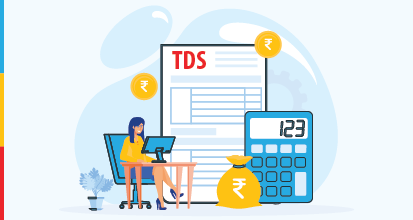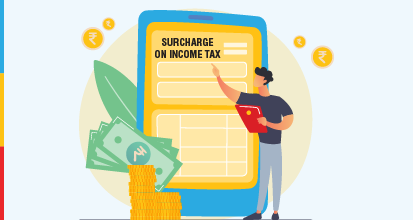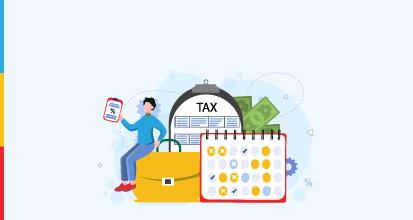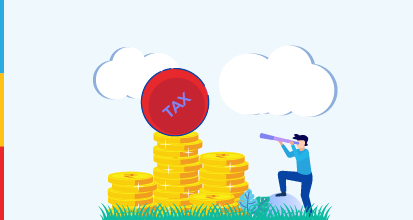- ULIP: A market-linked insurance plan offering life cover and investment in one product
- Cascading Taxes: Taxes are applied on each stage of production, causing tax-on-tax
- Tax Evasion: Illegally avoiding taxes by hiding income or falsifying information
- Inflation: A rise in overall prices that reduces the purchasing power of money
- Corporate Tax: Corporate tax charged on the profits earned by companies
Written by : Knowledge Center Team
2025-12-17
2486 Views
12 minutes read
Share









